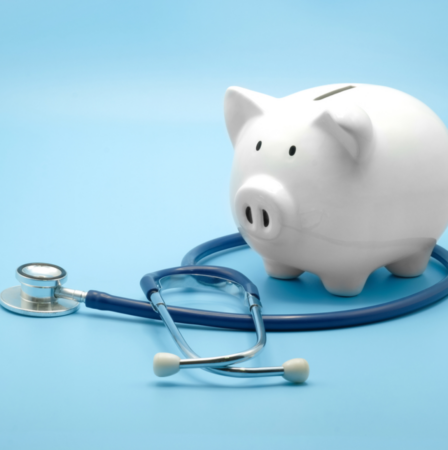When we experience a medical emergency, our first priority should always be our health, not the medical bills that will arise from it. Unfortunately, if we spend some time in a hospital, the medical bills will pile up and we could face medical debt.
If you find yourself wondering how you will pay off your medical bills, bankruptcy is thankfully an option on the table for you.
Although a bankruptcy case can not be limited to medical bills, the process will provide relief from your medical debt, since medical debt is dischargeable. Loss of income for medical reasons accounts for 60% of personal bankruptcy filings.
There are two types of personal bankruptcy: Chapter 7 and Chapter 13.
While both types get the bottom of the excess debt, there are some differences between the two that you must consider before proceeding with the case.
Chapter 7:
- Is means based, meaning that your income must be below your state’s median for a household of your size.
- Remains on your credit report for 10 years, which can make it difficult to obtain loans.
Chapter 13:
- Establishes a three to five-year repayment plan based on how significant your debt is.
- Debt cannot exceed certain levels.
- You must repay all of your loans.

Should you apply for bankruptcy for medical debt relief, a court-approved credit counselor and trustee will guide you through the process and determine the outcome.
Contact us today for a free consultation and to speak with our team members who are familiar with the bankruptcy process and get the ball rolling today.

